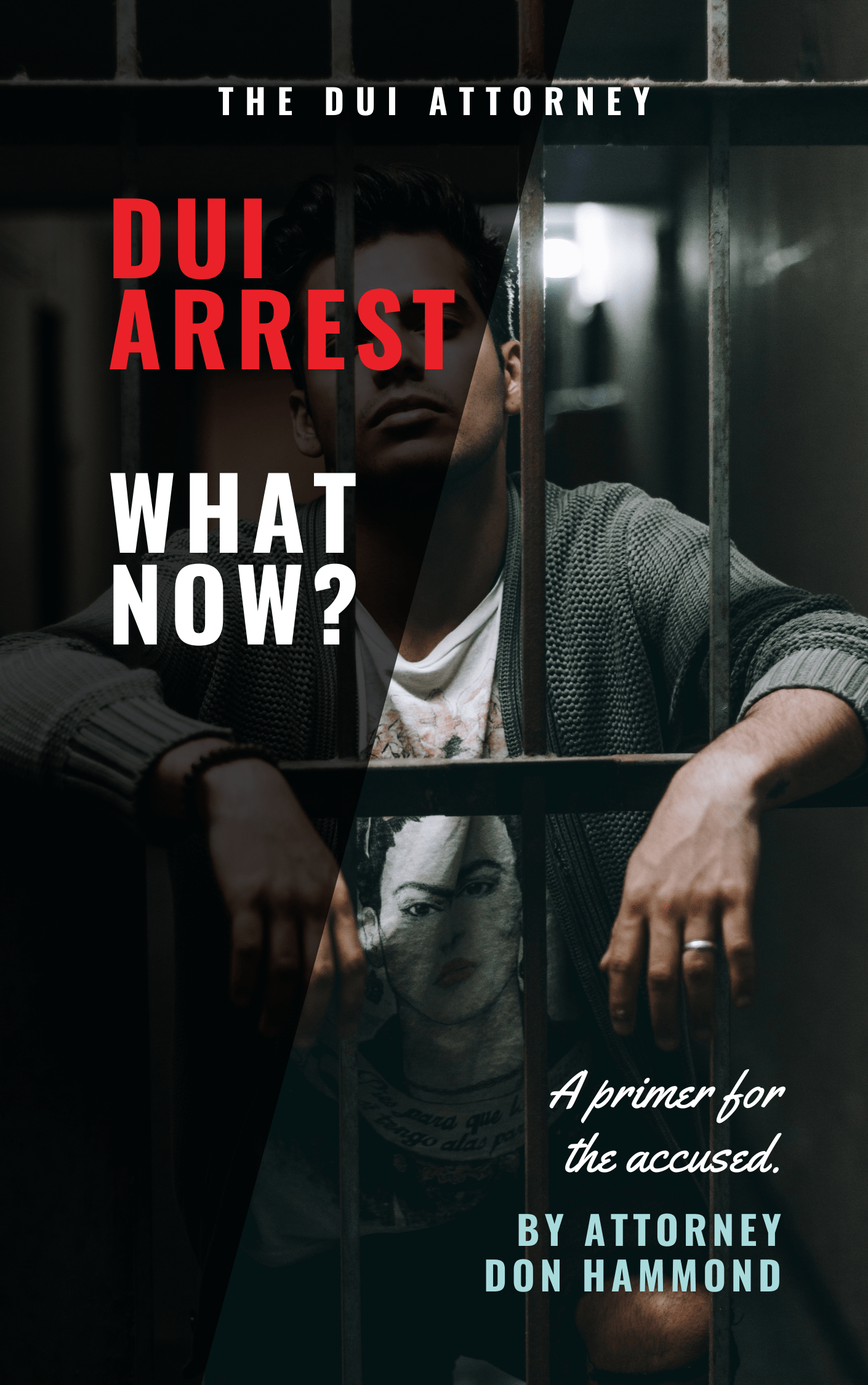What is a Watson Murder?
California Penal Code 190(a) spells out the circumstances under which a death that results from DUI can be charged as second-degree murder.

A motorist with at least one prior DUI conviction in California becomes subject to a so-called “Watson murder” charge when they have been previously warned of this possibility. This warning, called a “Watson admonition” is given during sentencing for DUI and/or during court-ordered alcohol education programs for convicted DUI drivers.
California Penal Code 190(a) defines the circumstances in which the death of another person that results from a motorist driving under the influence can be charged as a DUI second-degree murder. This occurs when a motorist with at least one prior DUI conviction in California commits a subsequent DUI that kills another person, and the motorist has previously received a formal warning of the possibility of being charged with murder.
What is a Watson murder?
This offense is sometimes referred to as a Watson murder in reference to the People v. Watson (1981) case, in which the California Supreme Court ruled that a person driving under the influence who kills another person can be convicted of murder.
Since that ruling, virtually everyone convicted of DUI in California has been formally warned of this possibility at the time of sentencing and/or through attendance of California DUI education as ordered by the court.
When a convicted DUI offender is given a Watson admonition or advisement, they must acknowledge in writing or verbally that:
Driving while under the influence of drugs or alcohol is dangerous to human life; and
If the offender kills someone while driving while intoxicated, they may be charged with murder.
Although the circumstances of a so-called Watson murder are spelled out in 190(a) PC, a defendant will be charged and prosecuted for a second-degree violation of 187 PC, the California statute which covers the various forms of murder.
Related offenses
If the defendant has not been admonished or attended DUI school, they can, instead, be charged with:
Elements of the crime of second-degree murder
For a successful conviction for second-degree murder, the prosecutor must prove all the following elements beyond a reasonable doubt:
The defendant committed an intentional act resulting in another’s death.
The natural consequences of the defendant’s act are dangerous to human life.
The defendant acted with conscious disregard of said danger (a legal concept called “implied malice”).
It is important to note there is no requirement to prove the defendant possessed the intention to commit murder, as is the case for a charge of first-degree murder.
Proving implied malice is the most challenging aspect of this offense. The prosecutor can satisfy this element by:
Proving that the defendant was given a Watson admonition or advisement.
Showing that the defendant attended a court-approved DUI school.
Criminal penalties for DUI second-degree murder
An individual convicted of DUI second-degree “Watson” murder can be sentenced to any or all:
15 years to life in a state prison.
A fine of up to $10,000.
A strike under California’s Three Strikes law.
For additional victims who survived but suffered great bodily injury due to the defendant’s actions, the defendant’s jail sentence may be extended by an additional three to six years. For surviving victims who suffered lesser injuries, the defendant can face one additional year for each victim, up to total of three years.
Legal challenges to DUI second-degree Watson murder
Because of the severity of criminal sanctions for defendants convicted of DUI second-degree Watson murder, is it important to consult with a qualified and experienced attorney.
Defense attorneys will generally utilize one or more of these approaches to defend against a Watson murder charge:
Challenging all procedures that occurred during the investigation.
Checking the accuracy of all chemical blood alcohol concentration tests.
Denying implied malice by attempting to prove that the defendant’s prior DUI convictions occurred before the Watson case and/or proving that the defendant never attended DUI school and, accordingly, was not informed about the serious risks associated with drunk driving.










